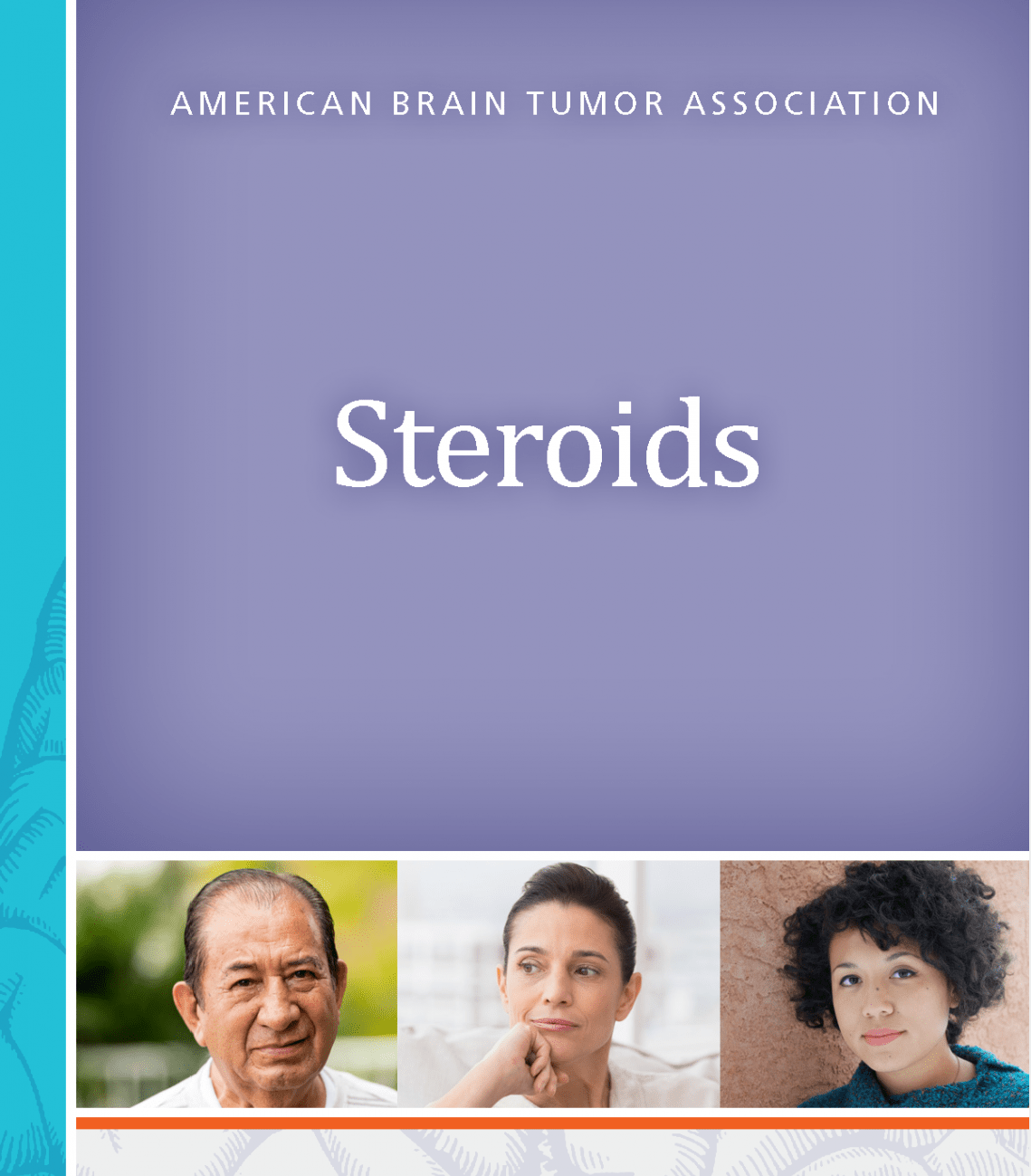Glioneuronal and neuronal tumors are a diverse group of rare tumors that come from nerve cells. Specific tumor types in this group include ganglioglioma, dysembryoplastic neuroepithelial tumor (DNET), central neurocytoma, and rosette-forming glioneuronal tumor, among others. Although most glioneuronal and neuronal tumors are small and slow-growing and have distinct margins, some (e.g., anaplastic ganglioglioma) can be cancerous. They rarely spread to nearby tissue.
Location
Glioneuronal and neuronal tumors are commonly located in the temporal and frontal lobes of the cerebral hemispheres and the third ventricle. They may also occur in the spine and other locations in the brain. Some glioneuronal and neuronal tumors can spread to the leptomeninges (the membranes covering the brain and spine).
Symptoms
Seizures are the most common symptom experienced by patients with glioneuronal and neuronal tumors. Symptoms related to blockage of cerebrospinal fluid are also common, such as headaches, nausea, and vomiting.
Treatment
Surgery is the most common form of treatment for these kinds of tumors. Some recurring and higher-grade tumors are treated with radiation therapy. In some cases, placement of a shunt (similar to a drain) is used to relieve pressure caused by buildup of cerebrospinal fluid. Drug treatment with targeted therapies such as BRAF inhibitors may be an option in selected cases.
Prognosis
Although there is limited data, people with glioneuronal and neuronal tumors typically have a good prognosis.
Incidence
Glioneuronal and neuronal tumors are very rare. Most glioneuronal and neuronal tumors occur equally among men and women, but some types occur slightly more frequently in men.
Age distribution
Glioneuronal and neuronal tumors can occur at any age, but most are commonly seen in children, adolescents, and young adults.
Risk factors
There are no known risk factors for glioneuronal and neuronal tumors. A small proportion occurs in people with hereditary disorders such as neurofibromatosis type 1 (NF1), Cowden syndrome, and others.
Molecular profile
Molecular profiling is the detection of specific genes, proteins, or other molecules in a tumor. This information helps confirm tumor diagnosis, inform treatment options, and predict prognosis.
There are a variety of molecular markers that are found among different types of glioneuronal and neuronal tumors that can help determine diagnosis.
Molecular markers associated with glioneuronal and neuronal tumors include, but are not limited to the following:
- BRAF mutations or fusions (e.g., ganglioglioma, diffuse leptomeningeal glioneuronal tumor)
- FGFR1 (g., rosette-forming glioneuronal tumor, dysembryoplastic neuroepithelial tumor)
- PRKCA (e.g., papillary glioneuronal tumor)
- PIK3CA (e.g., rosette-forming glioneuronal tumor)
- NF1 (e.g., rosette-forming glioneuronal tumor)
- PDGFRA (e.g., myxoid glioneuronal tumor)
- PTEN (e.g., dysplastic cerebellar gangliocytoma/Lhermitte-Duclos disease)
The latest World Health Organization (WHO) classification of CNS tumors has incorporated a few new tumor types based on molecular profiling, such as diffuse glioneuronal tumor with oligodendroglioma-like features and nuclear clusters (DGONC; a provisional type), myxoid glioneuronal tumor, and multinodular and vacuolating neuronal tumor.
Additional Resources
Content last reviewed:
March 2023 by Marta Penas-Prado, MD, MSc





















